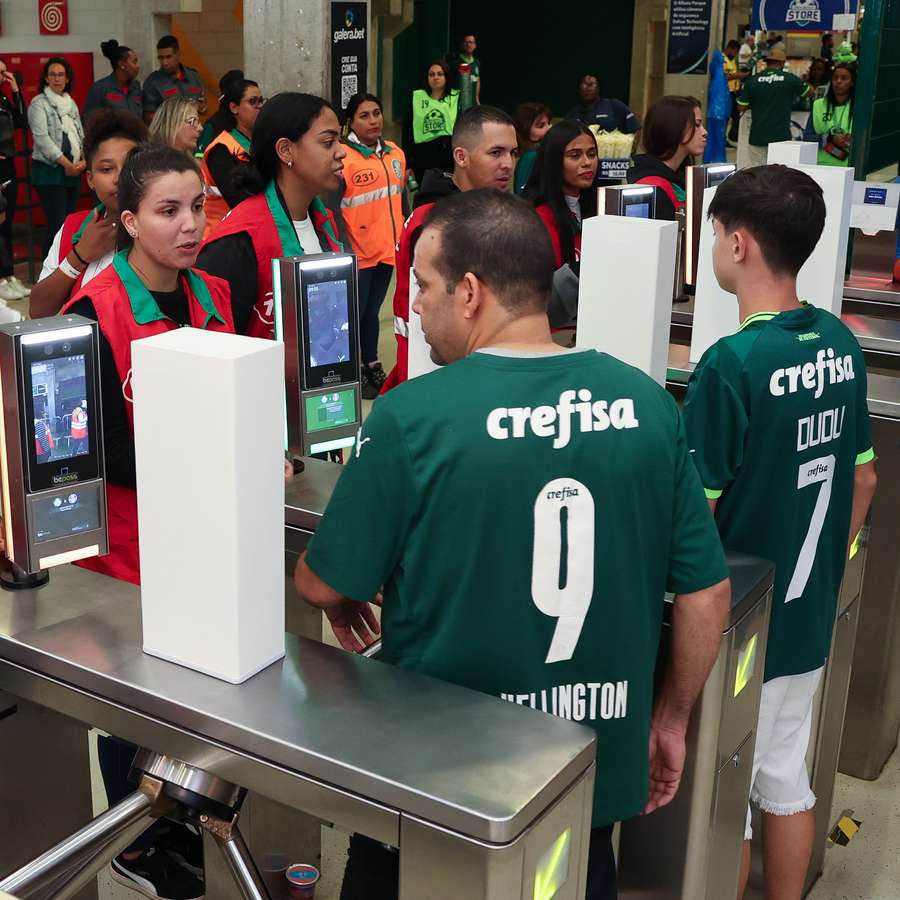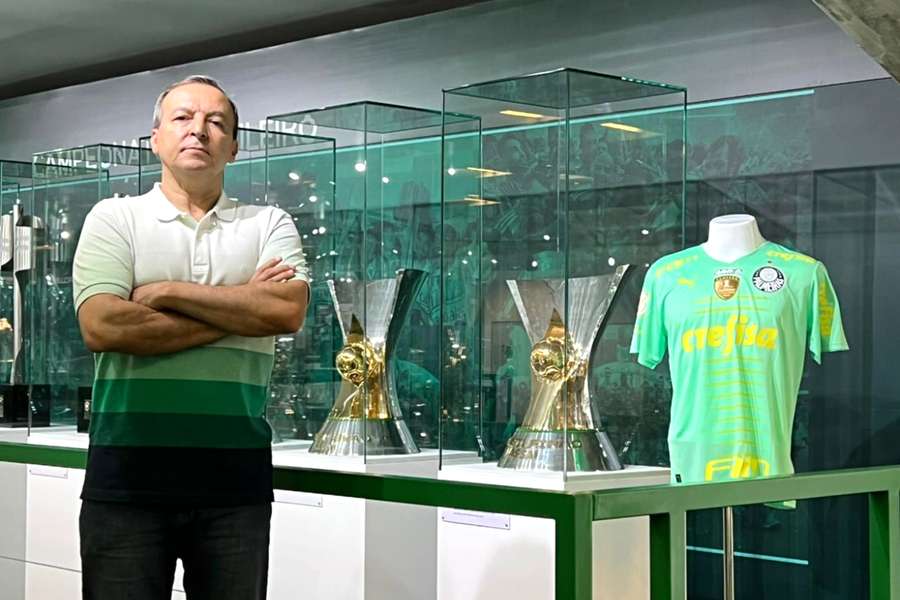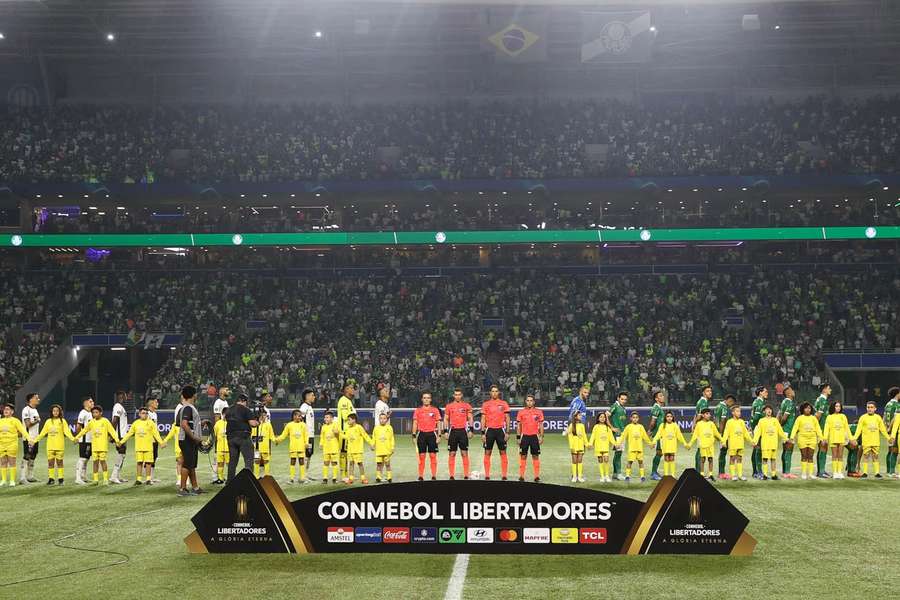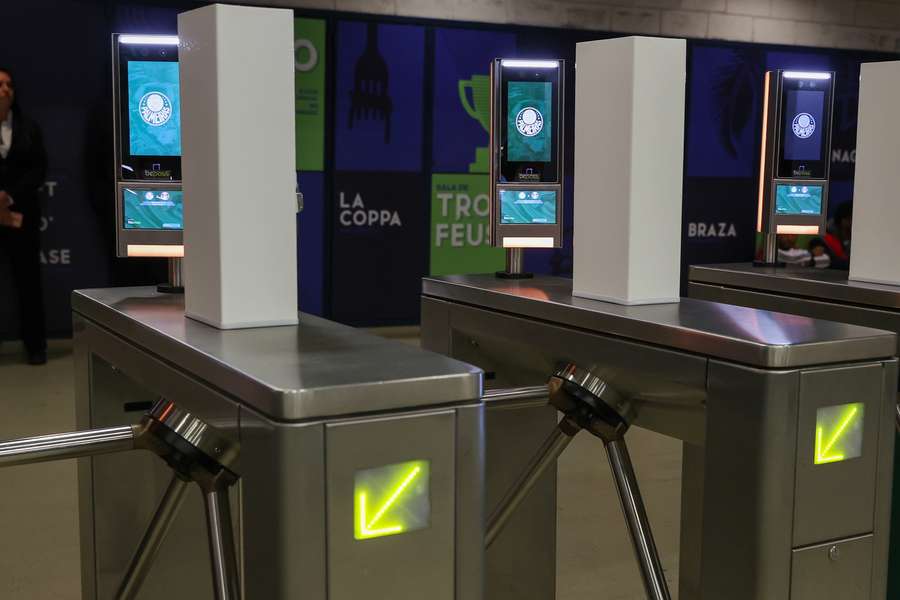How Palmeiras grew their membership numbers and drove out ticket touting at home matches

"Before we implemented facial biometrics, ticket touters would legally join Avanti, the club's supporter programme, buy tickets within our system and then sell them for prices well above what we charged, which is a crime," explains Palmeiras' marketing director, Everaldo Coelho.
"It was something that bothered us a lot, because our fans, including Avanti members entitled to priority purchase, were unable to get tickets for Palmeiras matches."

The revolution in access to the stadium has paid off for the club. In August, Palmeiras reached the milestone of 200,000 active fan members, a record in the country. There were 62,000 new members between January and July this year. As a result, the club expects to raise more than R$70 million with Avanti in 2024.
Palmeiras claims to be the first football club in the world to implement the facial biometrics system for all access to the stadium on match days. In Brazil, article 148 of the General Sports Law (LGE) determined that all sports arenas with a capacity of more than 20,000 people must have facial recognition on their turnstiles by June 2025.
With the requirement, clubs have started to adopt the technology gradually, but no other club requires facial recognition at 100% of its entrances. There are cases like Flamengo, which uses the system for all tickets sold online, but still sells physical tickets at ticket offices.

"We studied a number of technological options and realised that the problem could only be solved by facial recognition," says Coelho.
Palmeiras won't reveal how much it spent to implement facial biometrics at Allianz, in a project carried out with Bepass. "I can say, however, that the investment is worth it," says the marketing director.
Danish partnership
In 2020, Palmeiras approached Danish company NewC Sport to help it combat ticket touting. According to Everaldo Coelho, the partnership helped improve Avanti and develop the facial biometrics project, helping to reach the 200,000 fan-member mark.
Previously focused on supplying tickets to clubs and federations, NewC has now formed strategic partnerships to offer technological solutions. As well as Denmark and Brazil, the company operates in England, Wales and Sweden.

"Palmeiras is bringing in systems used in other industries, but which weren't ready for the world of football. And they are pioneers in this direction. On a global scale, the football industry is not such a big sector compared to banks or the medical industry, where there are highly paid people to organise and implement systems in the right places," explains NewC CEO Mikkel Skou.
"And we need to know that working with football, creating systems and helping with the digital transformation requires a lot of expertise because it's a very complex industry with a very high demand from the public in a very short period of time. It's great that Palmeiras is implementing solutions that are not yet mature enough for football, but we see that they are now working, and this will become an industry standard in many places."

Palmeiras' growth has not been limited to the number of members. The average attendance at Allianz, which used to be around 23,000 people, has risen to over 30,000 after the technological transformation. Facial recognition has also led to a reduction in unused tickets and time spent accessing the stadium.
"Of course, every change requires a period of adaptation. That's why we took the precaution of implementing the system gradually until it worked at all the stadium entrances. The repercussions were highly positive because fans soon realised that this innovation was aimed at protecting them and improving their experience," adds Everaldo Coelho.



